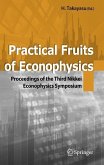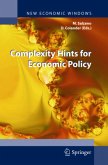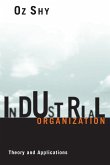Some economic phenomena are predictable and controllable, and some are impos sible to foresee. Existing economic theories do not provide satisfactory answers as to what degree economic phenomena can be predicted and controlled, and in what situations. Against this background, people working on the financial front lines in real life have to rely on empirical rules based on experiments that often lack a solid foundation. "Econophysics" is a new science that analyzes economic phenomena empirically from a physical point of view, and it is being studied mainly to offer scientific, objective and significant answers to such problems. This book is the proceedings of the third Nikkei symposium on ''Practical Fruits of Econophysics," held in Tokyo, November 9-11, 2004. In the first symposium held in 2000, empirical rules were established by analyzing high-frequency finan cial data, and various kinds of theoretical approaches were confimied. In the second symposium, in 2002, the predictability of imperfections and of economic fluctua tions was discussed in detail, and methods for applying such studies were reported. The third symposium gave an overview of practical developments that can immedi ately be applied to the financial sector, or at least provide hints as to how to use the methodology.
Bitte wählen Sie Ihr Anliegen aus.
Rechnungen
Retourenschein anfordern
Bestellstatus
Storno








